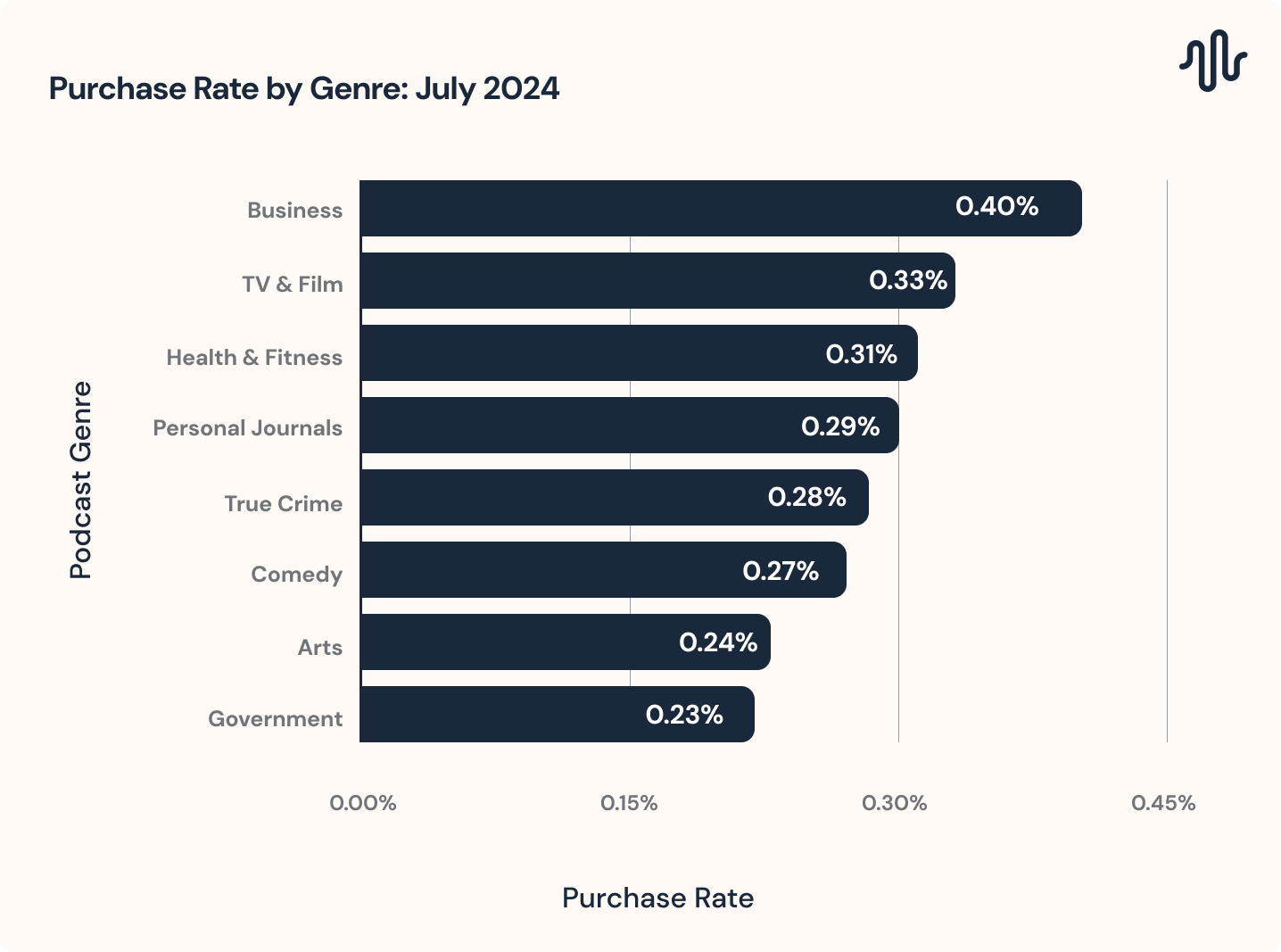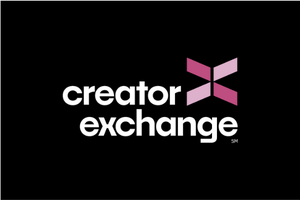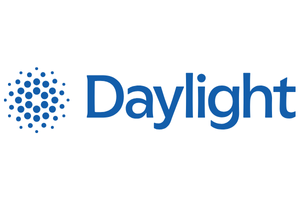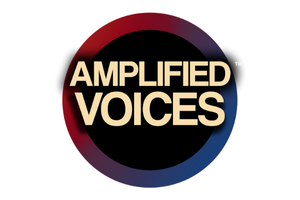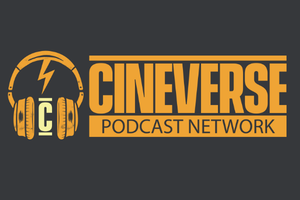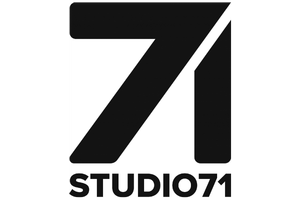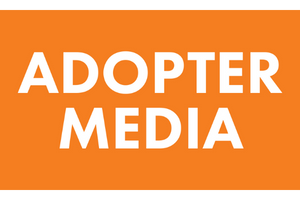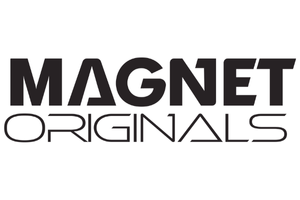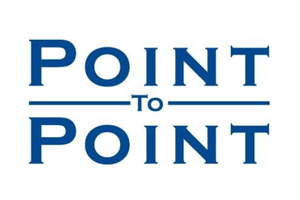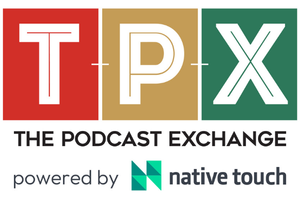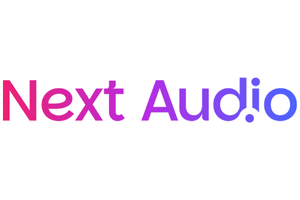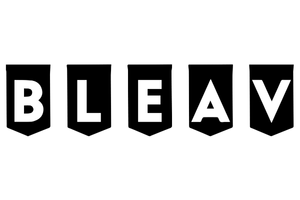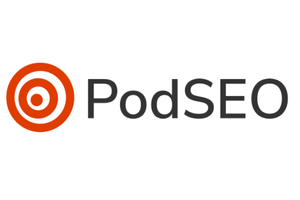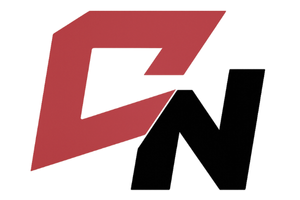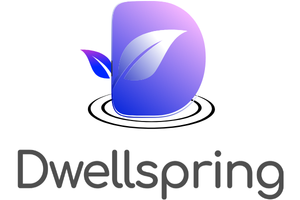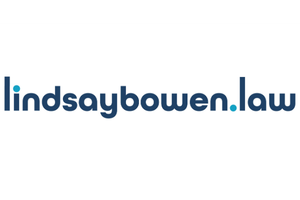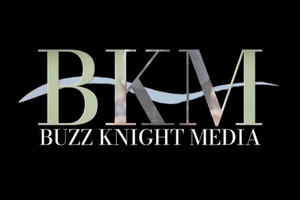This Week in the Business of Podcasting
Happy Friday, podcasting, I hope you remembered to bring me back a bagel from Advertising Week New York. I’m sure the cream cheese will travel fine in a checked bag. This week we’ve got some pretty big-picture stories, ranging from politics to the very inertia slowing down podcast listenership. Let’s get started.

Transparency. Performance. Automation.
Podcasting’s Inertia Problem
This Wednesday from Tom Webster at Sounds Profitable: When podcasting was first emerging from the primordial ooze of mp3 players and manually transferring files to a device every day, the medium largely attracted audiences who found the techy aspect of the medium cool.
Contemporary podcast audiences are more likely to be brought into the medium because of a specific show, or a personality with presences elsewhere online. The Podcast Landscape, built from a large sample of U.S. consumers, asked several questions regarding what makes someone stop listening to a podcast and what they do next.
The first bit of data that stands out to Webster is the top reasons selected for why respondents stopped listening to a podcast that used to be part of their regular routine. Three of the top five reasons relate to the quality of the production. This is not unique to podcasting, of course. Television has plenty of examples of audiences dropping off if the quality of the production dips. Yet TV is part of the U.S. social fabric.
When respondents were asked why they haven’t listened to podcasts recently, the third highest reason is “I got tired of podcasts” with 21% of respondents, up from 16% last year. When asked when they think they’ll listen to podcasts again, 43% of respondents said “I don’t know.” Imagine if that was the case for television, where after dropping off one show that person simply does not know when they’ll ever watch television again. A quote from Webster:
“Every podcaster has an obligation to every other podcaster to sing the praises of this medium on every show. Let’s talk more about how to spend that doom-scrolling boredom time with something that enriches the mind, and doesn’t turn it into AI-assisted ricotta. Let’s talk more about how podcasts enable you to take your weird passions and hobbies into the workplace or the train or the garden and nobody has to know about it. Let’s talk more about how the hosts of our shows are friends, and we are there to keep you company. Let’s remind people of all the places and contexts of our lives where a podcast could be consumed (specifically, listened to) that could make those situations better and richer.”
Webster calls out to the bigger names in the industry, the celebrities benefitting from podcasting, and pitches a symbiotic future where the biggest names in podcasting also sing the praises of the industry, selling people on the idea of podcasting in general instead of a delivery device for one show.
Presidential Podcast Campaign Stops
The U.S. presidential election is less than four weeks away and both candidates are doing their final rounds on media to collect votes. In addition to more traditional old-guard media like Kamala Harris appearance on 60 Minutes, both candidates are racking up several podcast guest appearances during the final weeks of the election.
Deadline covered the then-upcoming episode featuring Democrat vice presidential candidate/Minnesota Governor Tim Walz. Former president Donald Trump appeared on Theo Von’s This Past Weekend, as well as dropping by Lex Fridman’s podcast. Similarly, Kamala Harris has been on a media blitz, appearing on The Late Show with Stephen Colbert, The Howard Stern Show, and as the internet was surprised to find last week: Call Her Daddy. Both Variety and The Information have coverage of her appearance on Alex Cooper’s flagship show.
This Tuesday Lora Kelly, writing for The Atlantic, interviewed podcast journalist Helen Lewis about the uptick in political attention towards independent podcasts and what they mean for the election. A quote from Lewis:
“I’m as guilty as anyone, but we need to stop treating these podcasts as the “alternative” media when they are absolutely the mainstream these days. The top ones have audiences as big as, if not bigger than, most legacy outlets. If they don’t want to hire all the editorial infrastructure that traditional journalism has (such as fact-checkers, research assistants, etc.), or risk being unpopular by asking difficult questions, that’s on them. Joe Rogan renewed his Spotify contract for $250 million. Alex Cooper signed a deal with SiriusXM this year worth $125 million. We should stop treating the mega-podcasts like mom-and-pop outfits competing with chain stores. They’re behemoths.”
Wondery Merchandises Podcasting
Last Thursday from Lucia Moses at Business Insider: Amazon’s Wondery is getting into the podcast merchandising game in a big way, including new Wow in the World branded toys currently hitting store shelves. New toys and science kits manufactured by Thames & Kosmos, as well as Goliath, are branded after the Tinkercast children’s series. In addition to the science kits, new stories are being published for the Tonies audio storybox, a speaker that plays licensed audio tied to proximity of associated purchased figurines.
Wondery’s move into merch for audio properties comes three years after onboarding Nicole Blake, one of the architects of developing Harry Potter’s merchandising empire at Warner Bros. Blake tells Business Insider the plan is to bring a Hollywood-style approach to audio franchises, with full consumer product lines, as well as other touchpoints (e.g. books, live events).
Another example from this week: long-time mall favorite Spencers has announced a collaboration with Wondery, manifesting as a new Halloween-y product line themed after the true crime podcast Morbid, including Morbid wearable merch identifying the wearer as a ‘weirdo’ (a long-running pet name for fans of the show).
Podscribe Index
Purchase Rate by Genre, July 2024
In our latest Podscribe Index, notable changes in purchase rates came out from June to July. “Business” replaced “Fiction” for the highest purchase rate in July, coming in on top once again. “TV & Film” came in second followed by “Health & Wellness” which has seen rising purchase rates over the last few months. The biggest improvement was in “Comedy” which came in at #6 making the top 8 charts for the first time in 2024!
Quick Hits
While they may not be top story material, the articles below from this week are definitely worth your time:
- Questions to… Spotify’s Maya Prohovnik Podnews editor James Cridland sat down with Spotify VP of Podcast Product, in which she discusses video’s role in podcasting and reaffirm’s Spotify’s commitment to keeping RSS feeds.
- Just Add Audio: The Data Behind Audio’s Impact on Your Campaigns SiriusXM has released a new study on how audio ads contribute to larger campaigns.
- Will the ‘SmartLess’ Podcast Be the Biggest Role of Their Careers? by Sridhar Pappu A look back on the growth of the SmartLess podcasts and its hosts.
- 7 lessons from a year of paywalled podcasts at The Economist by Esther Kezia Thorpe After The Economist took all of their podcasts (excepting The Intelligence) behind a paywall, MediaVoices takes a look at what worked.
- Spain is a key market for podcast listening (Source in Spanish) Audible celebrates its 4th anniversary in Spain with a new study on Spain’s podcast listening population conducted by NeilsenIQ.


